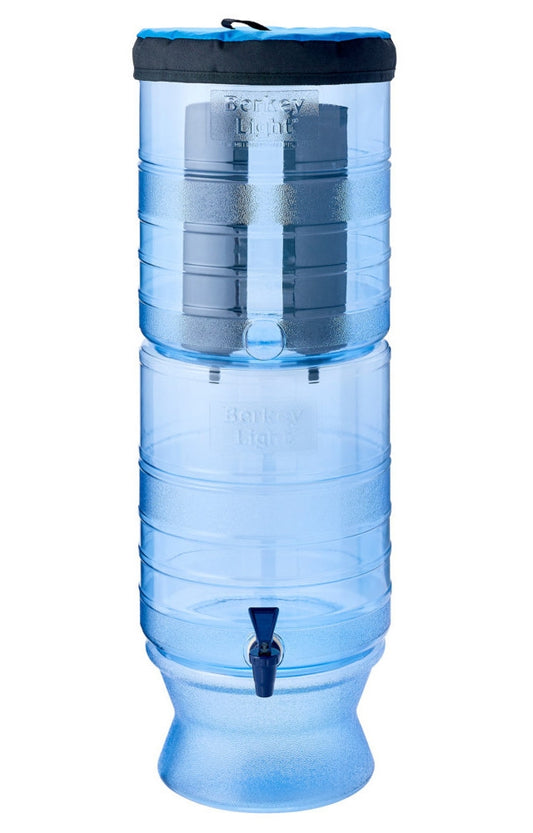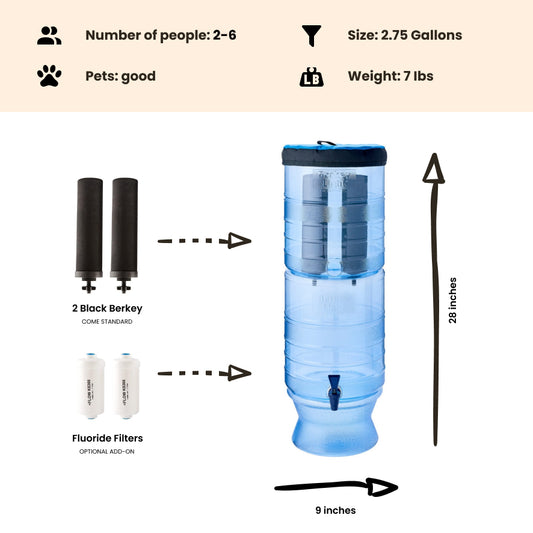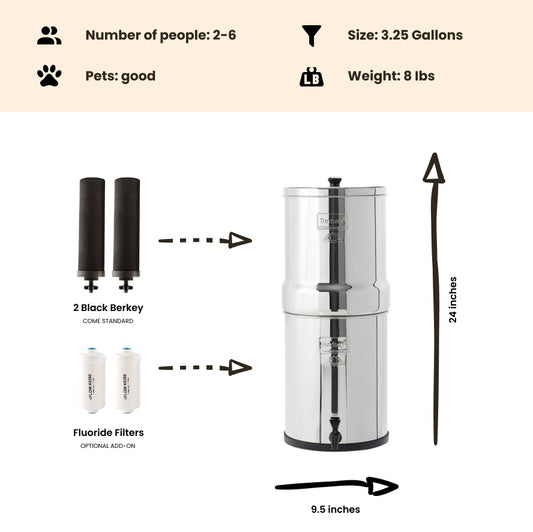
Groundwater Warming in Sync with Atmosphere
By Dan DeBaunShare
Using a long-term data set of groundwater temperature measurements recorded around the European cities of Karlsruhe and Cologne, hydro-geologists have shown that groundwater is getting warmer, mirroring that of atmospheric warming. Their findings were recently published in the journal Hydrology and Earth System Sciences.
"Global warming is reflected directly in the groundwater, albeit damped and with a certain time lag," says Peter Bayer, a co-author of the paper.
The records also show that groundwater found closer to the surface, i.e. from a depth of about 60 meters upwards, has warmed significantly over the past 40 years in line with global warming. The pattern of groundwater warming follows a similar pattern to local and regional climate, which also mirrors temperature increases associated with global warming.
The groundwater reflects the sporadic leaps or "regime shifts" in atmospheric temperature recorded over the last few decades. The authors were surprised at how quickly the groundwater responded to climate change.
Atmospheric temperatures have risen by 0.13°C (32.23°F) per decade over the last 50 years, but these temperature increases don't stop just below the Earth's surface. Soil samples examined in other studies conducted over the past twenty years have echoed this, however, these studies did not assess soils that contained groundwater, which makes this study unique. This study is the first to examine groundwater that has not been influenced to any extent by humans.
The fact that groundwater is warming in line with climate change is quite plausible, says Bayer.
"The difference in temperature between the atmosphere and the subsoil balances out naturally", he says. "The energy transfer takes place via thermal conduction and the groundwater flow, much like a heat exchanger, which enables the heat transported to spread in the subsoil and level out."
At this stage it may still be a bit early to gauge what the consequences of groundwater warming will be. Warmer groundwater temperatures may affect subterranean ecosystems or biospheres that are dependent on groundwater, such as cold areas in river systems where the groundwater bubbles up. Groundwater heating could have a negative impact on certain aquatic organisms, including some species of fish, that thrive in low temperatures, which could threaten their survival.
Warmer temperatures will also affect the chemical composition of the water, particularly the concentrations of carbonate and nitrate, as chemical reactions occur more readily when temperatures are warmer. Warmer water may also increase bacterial activity; the more favorable conditions may allow disease causing pathogens to multiply rapidly, increasing the risk on public health.
However, the researchers acknowledge that there may also be some positive outcomes. For example, the excess heat could be used for geothermal heating, says lead author, Kathrin Menberg.
Journal Reference:
K. Menberg, P. Blum, B. L. Kurylyk, P. Bayer. Observed groundwater temperature response to recent climate change. Hydrology and Earth System Sciences, 2014; 18 (11): 4453 DOI: 10.5194/hess-18-4453-2014
-
Regular price From $302.00 USDRegular priceUnit price / per
-
Regular price $234.00 USDRegular priceUnit price / per
-

 Sold outRegular price From $305.00 USDRegular priceUnit price / per
Sold outRegular price From $305.00 USDRegular priceUnit price / per -
Regular price $327.00 USDRegular priceUnit price / per
-
Regular price From $367.00 USDRegular priceUnit price / per
-
Regular price From $408.00 USDRegular priceUnit price / per
-
Regular price From $451.00 USDRegular priceUnit price / per

Dan DeBaun
Dan DeBaun is the owner and operator of Big Berkey Water Filters. Prior to Berkey, Dan was an asset manager for a major telecommunications company. He graduated from Rutgers with an undergraduate degree in industrial engineering, followed by an MBA in finance from Rutgers as well. Dan enjoys biohacking, exercising, meditation, beach life, and spending time with family and friends.
~ The Owner of Big Berkey Water Filters
















